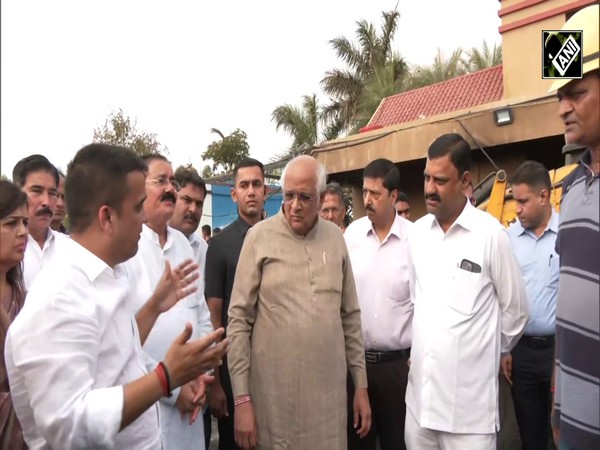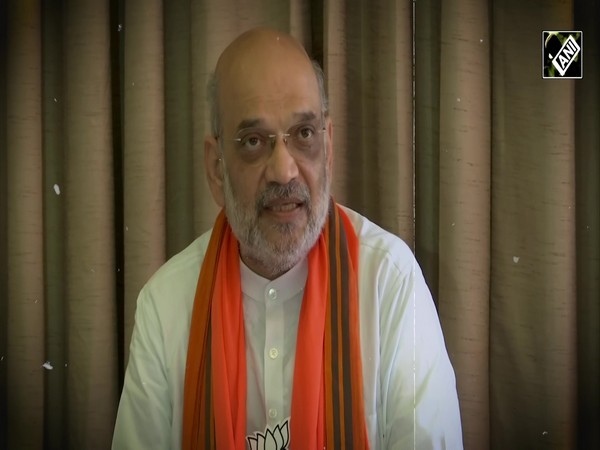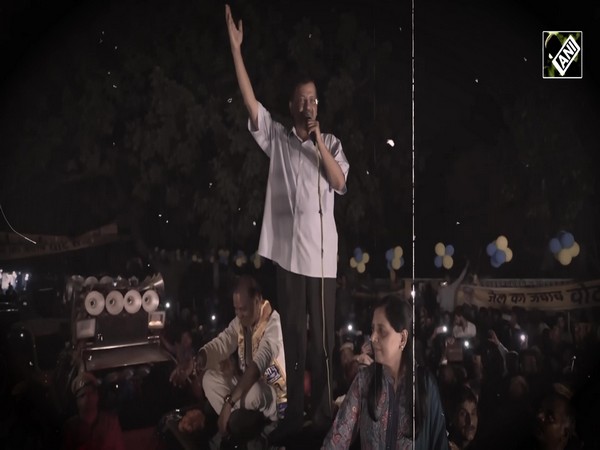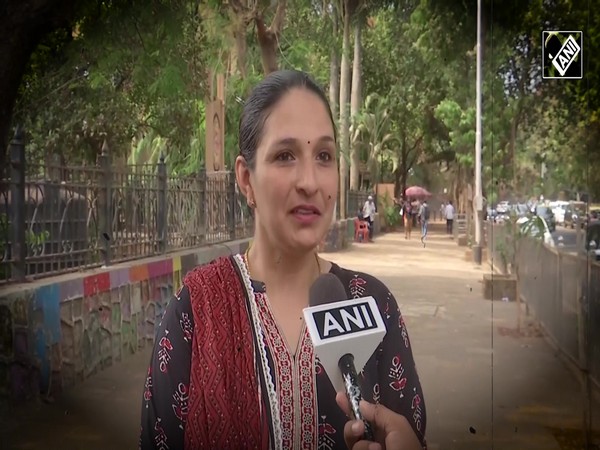Public view sought to draft guidelines for preventing misleading ads in coaching sector
Feb 17, 2024

New Delhi [India], February 17 : The Central Consumer Protection Authority has sought public comments on draft guidelines for the prevention of misleading advertisements in the coaching sector.
Draft Guidelines are placed on the website of the Department of Consumer Affairs and are accessible through the link (https://consumeraffairs.nic.in/sites/default/files/file-uploads/latestnews/Public%20Comments%20Letter%202.pdf).
Public comments, suggestions or feedback are solicited and may be provided to the central authority within 30 days -- until March 16, 2024.
The Central Consumer Protection Authority (CCPA) conducted a stakeholder consultation on January 8, 2024, which was attended by the Department of Personnel & Training (DoPT), Ministry of Education, Lal Bahadur Shastri National Academy of Administration (LBSNAA), National Law University (NLU) Delhi, FIITJEE, Khan Global Studies and Ikigai Law.
In the meeting, there was a consensus that the Central Consumer Protection Authority should come up with Guidelines for the prevention of misleading advertisements in the coaching sector.
The draft guidelines define "coaching" as tuition, instructions, academic support, a learning programme or guidance provided by any person. Under the Guidelines, conditions for misleading advertisements have been laid out.
Any person who engages in coaching shall be considered to be engaging in a misleading advertisement if it conceals important information related to the name of the course (whether free or paid) and duration of course opted by the successful candidate or any other important information which can influence a consumer's decision to choose their services.
Make false claims regarding success rates, number of selections, or rankings of students in any competitive exam without providing verifiable evidence.
Falsely represent that students' success is solely attributable to the coaching, without acknowledging the individual efforts of the students. Clearly state the extent of the coaching involvement in their success.
Or, create a false sense of urgency or fear of missing out that may heighten anxieties amongst students, or parents, and any other practices that may mislead consumers or subvert consumer autonomy and choice.
The guidelines would be made applicable to every person engaged in coaching. The objective of the Guidelines is to protect consumers from misleading advertisements in the coaching sector.




















